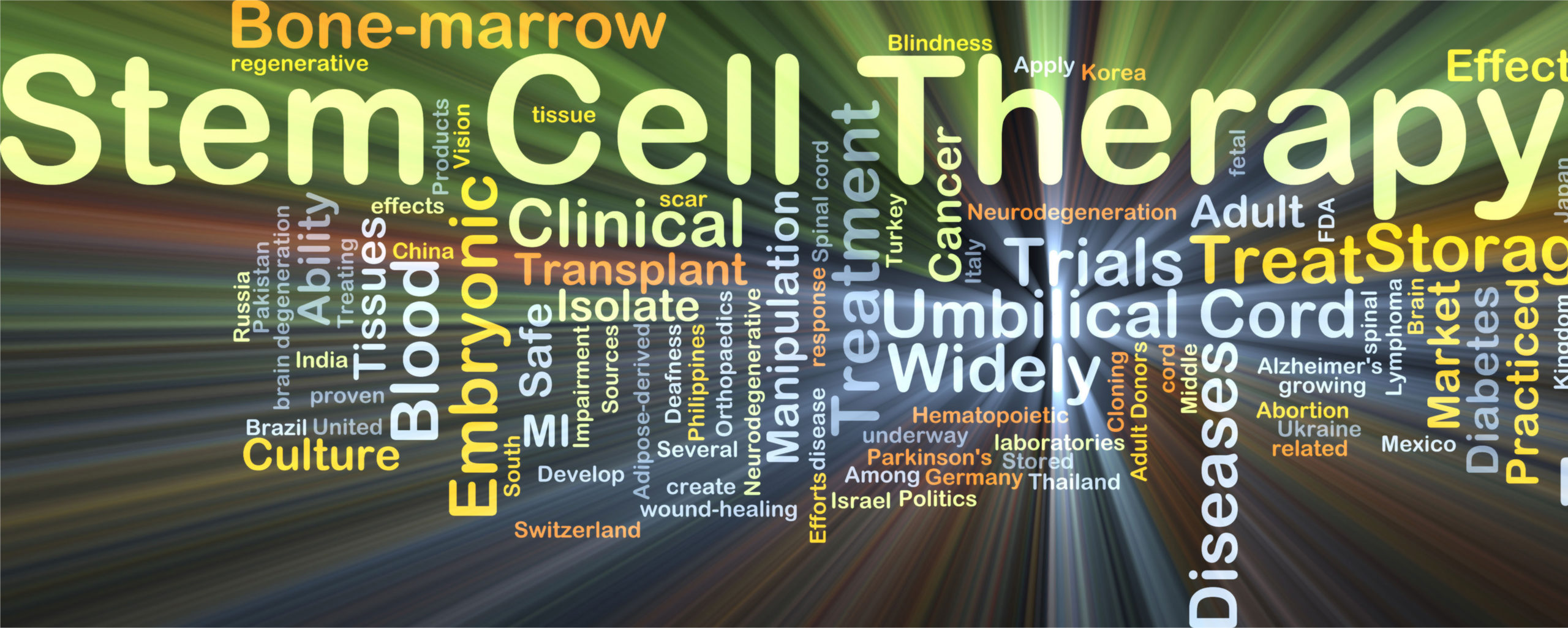Outrage of the Month: Lax FDA Oversight Fostered Surge in Unproven Stem Cell Treatments
Health Letter, April 2022
By Michael Carome, M.D.

If you’re not outraged,
you’re not paying attention!
Read what Public Citizen has to say about the biggest blunders and outrageous offenses in the world of public health, published monthly in Health Letter.

In August 2017, the Food and Drug Administration (FDA) appeared to finally begin cracking down on the unscrupulous stem cell industry that for more than a decade had preyed on vulnerable patients by offering modern-day snake oil. At that time, the agency announced that it had taken enforcement actions against two stem cell businesses — one in Florida and the other in California — for illegally marketing unapproved stem cell products for diseases such as Parkinson’s disease, diabetes and cancer.
By the time of the FDA’s 2017 enforcement actions, the number of clinics in the U.S. that peddled unproven stem cell “treatments” directly to consumers had exploded from a handful in 2010 to 570 in 2016. Thus, the Florida and California stem cell clinics targeted by the FDA in 2017 represented only the tip of the iceberg for this troubling industry.
Disturbingly, rather than pursuing and shutting down all stem cell clinics that were marketing unproven and potentially dangerous therapies, the FDA in November 2017 announced a risk-based policy of “enforcement discretion” for a period of 36 months to allow stem cell clinics time to submit the required applications to the agency for approval of their products, which the agency had determined met the definitions of drugs and biologics — a policy that amounted to a temporary “get out of jail free” card for most illegal stem cell clinics. And in 2020, the agency extended this policy for another six months (until May 31, 2021).
Predictably, the FDA’s permissive enforcement discretion policy fostered the dramatic expansion of the illegal stem cell clinic industry. According to a study published on Nov. 4, 2021, in the journal Cell Stem Cell, as of March 2021, 1,480 U.S. businesses operated 2,754 clinics that marketed unapproved stem cell treatments directly to consumers for a wide range of diseases and injuries, which represented a more than fourfold increase in the number of such clinics since 2016.
The Cell Stem Cell study found that of all U.S. businesses promoting stem cell products in the U.S. without FDA approval or evidence of safety and effectiveness, 671 (45%) sell autologous (cells obtained from and injected back into the same patient) bone-marrow–derived stem cells, and 437 (30%) market autologous adipose (fat)-tissue–derived stem cells. Among the diseases and conditions these businesses claim to treat are Alzheimer’s disease, cardiovascular disease, cancer, diabetes, hair loss, orthopedic problems, spinal cord injury and vision problems.
The authors of the Cell Stem Cell study noted that “One of the most troubling features of this marketplace is that businesses selling unproven stem cell products often exploit the hope, suffering, fear, or desperation of patients. Many businesses use aggressive
sales tactics and misleading claims to target vulnerable persons.”
Importantly, although there is a lack of evidence of benefit for most stem cell products marketed in the U.S. and other countries, there have been well-documented cases of serious harm resulting from these products. For example, in 2016, physicians at Brigham and Women’s Hospital in Boston reported the case of a patient who had received stem cell injections into the fluid surrounding the spinal cord at commercial stem cell clinics in China, Argentina and Mexico for treatment of chronic neurologic deficits due to a stroke. The patient subsequently developed a tumor in in his spinal cord that arose from the injected stem cells and caused leg weakness and urinary incontinence.
Likewise, in 2017, physicians at the University of Miami medical school reported three cases of patients who suffered severe irreversible vision loss in both eyes after receiving adipose-tissue–derived stem cell injections into the eyes at a clinic in the U.S. for treatment of age-related macular degeneration.
In order to protect patients and public health, the FDA must take swift and aggressive enforcement actions against stem cell clinics that continue to manufacture or market stem cell products without the necessary FDA approval or substantial evidence of safety and effectiveness from rigorous clinical trials.